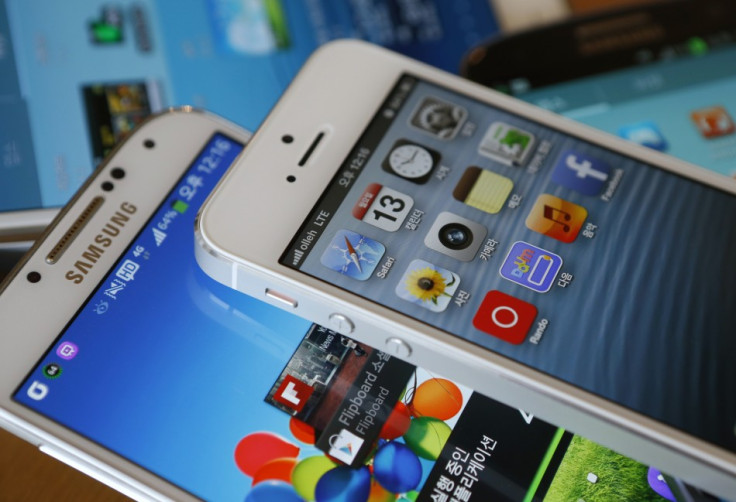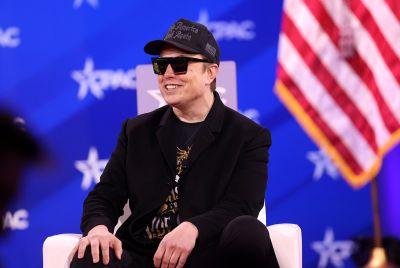Apple iPhone Ban Shows Problems With US Patent System
A surprise patent victory for Samsung over Apple has highlighted just one of the problems inherent in the US patent system.

On Tuesday, the US International Trade Commission (ITC), an independent federal agency, issued an import ban on older iPhone and iPad models which Samsung claimed infringed certain 3G patents it holds. While the models affected (iPhone 4, iPhone 3GS, iPad 3G and iPad 2 3G) are not the newest models, the ruling still affects devices which are selling well in the US.
"We are disappointed that the commission has overturned an earlier ruling and we plan to appeal. Today's decision has no impact on the availability of Apple products in the United States," Apple spokeswoman Kristin Huguet said in a statement.
Unsurprisingly Samsung had a different view on the decision which it said "confirmed Apple's history of free-riding on Samsung's technological innovations."
Continuing, Samsung said: "Our decades of research and development in mobile technologies will continue and we will continue to offer innovative products to consumers in the United States."
The ruling on Tuesday overturned an earlier decision by ITC Judge James Gildea who ruled in September that Apple did not violate patents at issue in the case, which was filed in mid-2011.
Major surprise
The decision will now be sent to President Barack Obama who has 60 days to overturn the import ban, however if he decides not to veto the decision, Apple will be prevented from importing any of the affected products or selling any inventory already in the country.
The ITC is a popular route for some companies seeking to enforce patent rights as it is relatively quick to issue decisions and is a lot more likely to issue import bans than federal courts.
The decision however is a major surprise, and according to patent expert Florian Meuller, takes a position which is "fundamentally inconsistent" with the views express by the federal courts in the US as well as antitrust regulators, who believe infringements of this kind should be punished by monetary charges and not sales bans.
The surprising decision by the ITC only serves to highlight the problems facing the patent system in the US, where patent infringement lawsuits have increased exponentially in recent years.
Trolls
On Tuesday the White House announced plans to reform the system, taking aim at so-called patent trolls - companies who do nothing but licence patents in order to assert them against multiple companies, hindering innovation and crippling smaller companies who cannot afford to challenge these patent trolls in court.
One of the proposals by the White House relates specifically to the ITC, aiming to raise the bar in relation to enforcing patents, making it harder for the companies to win import bans and ensuring it is hiring the most qualified judges possible.
Speaking to Bloomberg Businessweek about the ITC, Meuller said: "There's one governmental agency that you can use to get a shortcut and get something you couldn't get elsewhere. The mere threat of an import ban leads to settlement that wouldn't have been possible without the ITC."
"A threat to US tech sector"
It is therefore highly likely that the White House will overturn this ban, with Apple already indicating it will appeal the decision to the United States Court of Appeals for the Federal Circuit.
The ITC's mission when it was established was to protect US industry from unfair imports, but in recent years this mission has become irreconcilable with it how the agency operates, issuing import bans far too easily and becoming a "threat to the US tech sector" according to Meuller.
Samsung has up until now had a very poor track record in enforcing its patents against Apple and last December it decided to withdraw all of its standard essential patent injunction requests it was pursuing against Apple in the EU.
The companies are however still embroiled in court cases in numerous countries around the world and this week's decision by the ITC is only likely to heighten tensions between the companies.
© Copyright IBTimes 2025. All rights reserved.






















